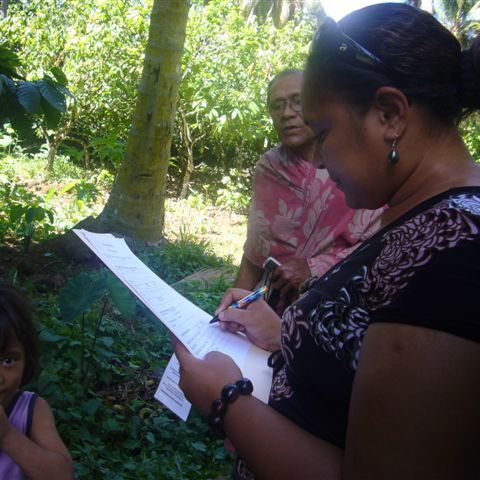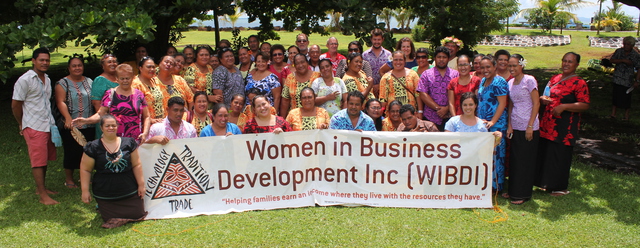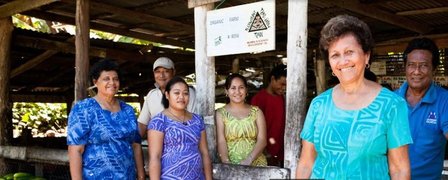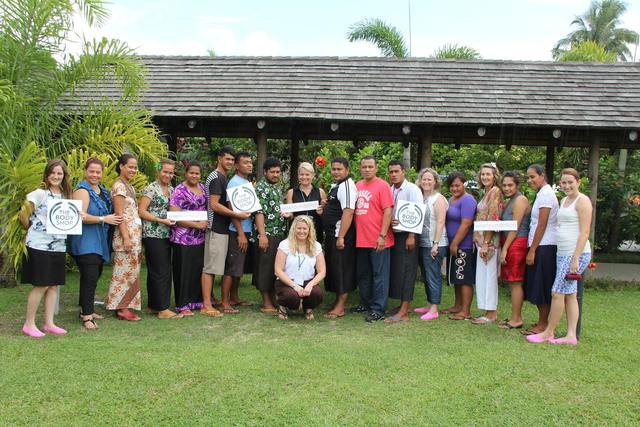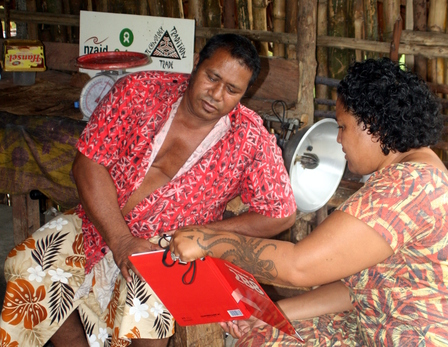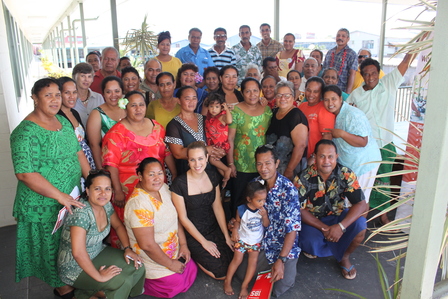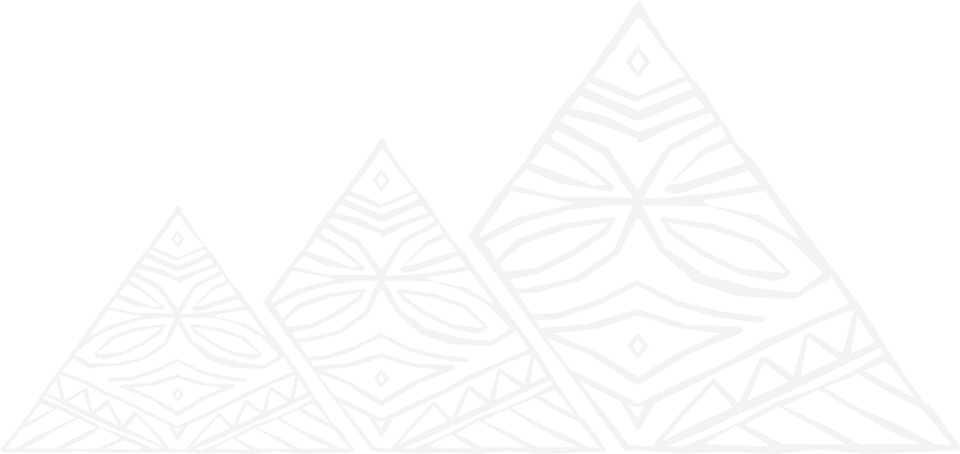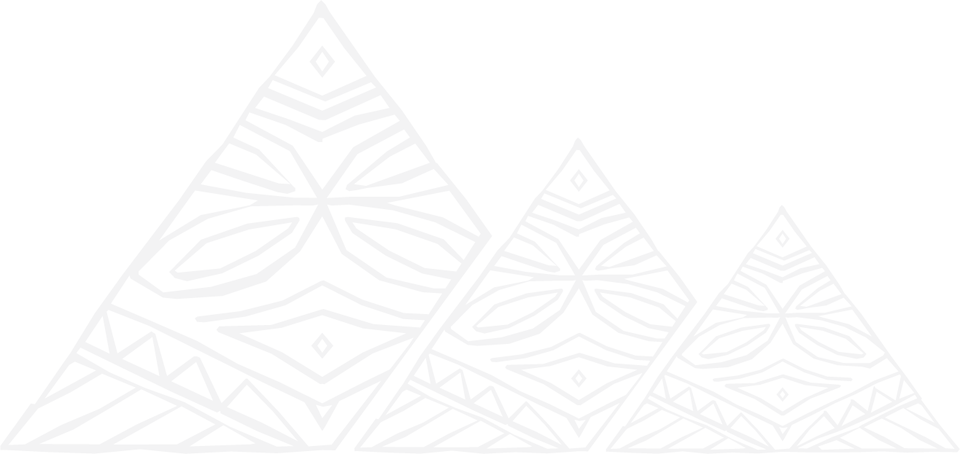Promoting self-suffiency
Women in Business aims to increase the self-sufficiency of Samoan families, working towards poverty reduction and decreasing reliance on remittances. Through our Disaster Management project, we seek to help families provide for their food and nutritional needs in a sustainable way, with the resources available in their own backyards. Our focus is on helping families understand that a disaster can and will reach them where they are, and teaching them how to prepare for that disaster and move quickly through the disaster recovery period.
As a small Pacific Island nation, Samoa is vulnerable to natural disasters including cyclones, bush fires, flooding and disease such as the taro blight outbreak that destroyed almost all taro crops during the 1990s. As well as this, climate change is set to have an even greater impact on Pacific Islands than on many other places in the world, because of their vulnerability to rising sea levels and climate associated disasters. This has a serious impact on food security for the Samoan population.
Disaster preparedness
For this reason WIBDI is involved in a variety of projects alongside many other governmental and non-governmental organizations aimed at disaster mitigation, preparation and recovery. These include:
- identifying and working with Samoa's most vulnerable families to help access clean water and grow food
- identifying and educating people in the best crops to plant for disaster-resistance and disaster recovery
- encouraging people to plant a diversity of food crops
- encouraging people to grow food organically in order to increase the nutritional value of the food and to protect soil quality
- researching and reviving traditional methods of food preservation
- building stronger relationships throughout the Pacific region, so that Pacific communities can work together in times of disaster, through our regional programme
More information about the effects of climate change on food security in the Pacific is available from the FAO website.
Tsunami Livelihood Project
Since September 29 2009, WIBDI worked closely with OXFAM on livelihood programme. This programme funded by OXFAM was to help affected families to provide sustainable income.
Tsunami team was mostly out in the field collecting Baseline Data for each affected families with distribution of planting materials inclusive WIBDI clients and some who were not WIBDI clients. WIBDI has been working with 200 families in tsunami affected areas in upcoming months; and focus efforts on 80 of those whose livelihood was destroyed by the tsunami.
The whole aim of this programme is to provide sustainable and consistent income through growing plants and organic crops that will provide income for families and helping families plan for the future.
